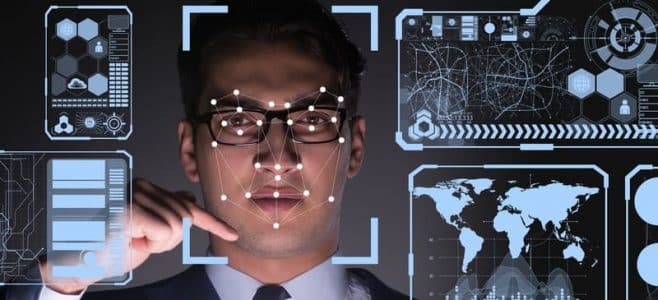Biometric Kiosks – Casinos Testing Facial Recognition Technologies
Noted on GGB News Excerpt: It’s called “biometrics”—a type of artificial intelligence that maps the features of the face with such accuracy, it not only can identify that person but detect their sexual orientation and, in the most advanced versions, even gauge their emotional state. Casinos in Macau and elsewhere are now testing the technology as a way … Continue reading Biometric Kiosks – Casinos Testing Facial Recognition Technologies
